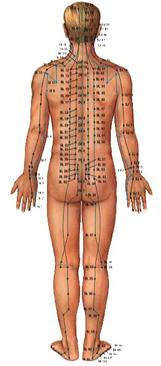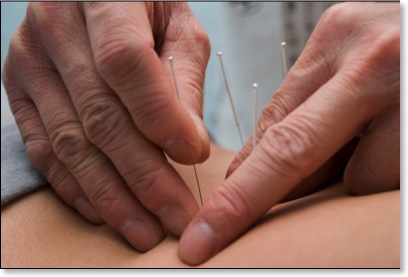Acupuncture in Oxford and Witney




Background, Qualifications & Research

Biography
I graduated with a Bachelor of Education from Worcester College in 1986 and taught for several years. I discovered Acupuncture for myself as a patient when I developed a bad back. The Doctor diagnosed inflammation and muscle damage and could offer no practical help; so needing to find something that could help and feeling desperate, I decided to try Acupuncture.
I was nervous and sceptical to begin with but after three weeks my back was less painful and I began to trust it again. I continued to have weekly treatments and experienced improvements in my sleep, my appetite returned to normal and I had more energy. I was both surprised and pleased that not only was my back improving but I also felt better in myself.
My experience of Acupuncture was such a great success that I decided to train as an Acupuncturist and qualified in 1995 from the College of Integrated Chinese Medicine in Reading.
I love working as an Acupuncturist and have been in practice since 1995 with breaks while I lived in New Zealand and California and had our son.
Qualifications
As a teacher I qualified with an Honours degree with a Bachelor of Education.
My training in Acupuncture was at the College of Integrated Chinese Medicine in Reading and I was awarded a Licentiate in Acupuncture.
I am an accredited Member of the British Acupuncture Council
I have been involved in research at the John Radcliffe Hospital in Oxford University. We investigated if Acupuncture, given to first time women who were being induced for labour, reduced their need for an epidural.The study is now published in the British Journal of Obstetrics and Gynaecology.
My ongoing Continued Professional Development (CPD) involves regularly attending courses, meetings and seminars in various aspects of health and Chinese Medicine.
Acupuncture Research
While Acupuncture has been practised for over two thousand years, mainly in China, the West has recently been researching the benefits and attempting to discover exactly how it works. The language and concepts of Traditional Acupuncture do not fit easily into the Western scientific style of research and investigation.
The Western theory of Acupuncture relates to the nervous system which is involved in decreasing sensitivity to pain. It also recognises that endorphins are released which have analgesic qualities.
Studies show that Acupuncture clearly affects blood flow to the brain and research has shown that different parts of the brain are stimulated when certain Acupuncture points are used.
In Traditional Chinese Medicine Acupuncture is understood to balance a person's energy, Qi, pronounced chee, and to restore and maintain health. Qi is not a substance measureable in terms of Western Science and from a Western point of view it is not known exactly how Acupuncture works.
What we can measure, however, is the effect of Acupuncture on the body's physiology. Post-acupuncture blood tests have shown raised endorphins and haemoglobin levels, and regulation of reproductive hormones.
There are now many Scientific papers on conditions treated by Acupuncture, some very positive,others less so. To find more information click on the links below.
The World Health Organisation has an extensive list of clinical trials proving Acupuncture's effectiveness in a huge range of conditions including: Anxiety / depression, Allergies, Headache / Migraine, Backache, Frozen Shoulder, Digestive disorders, Gynaecological conditions such as heavy and / or painful periods and PMT, Pregnancy Symptoms, Infertility and Neurological conditions.
The Acupuncture Research Resource Council (ARRC) is a specialist resource for Acupuncture research information. Click on this link to see further research into Acupuncture particularly, articles and latest research.